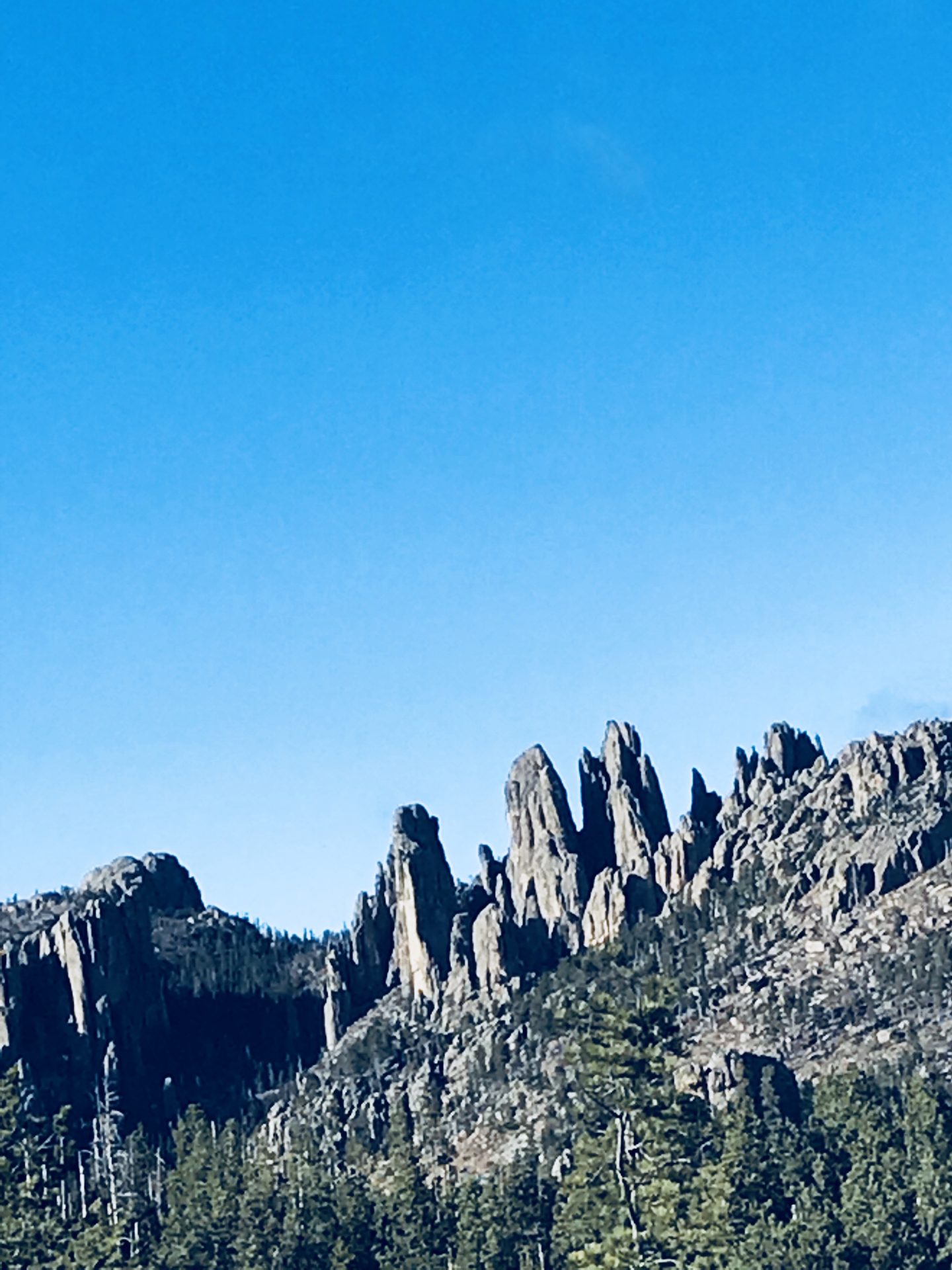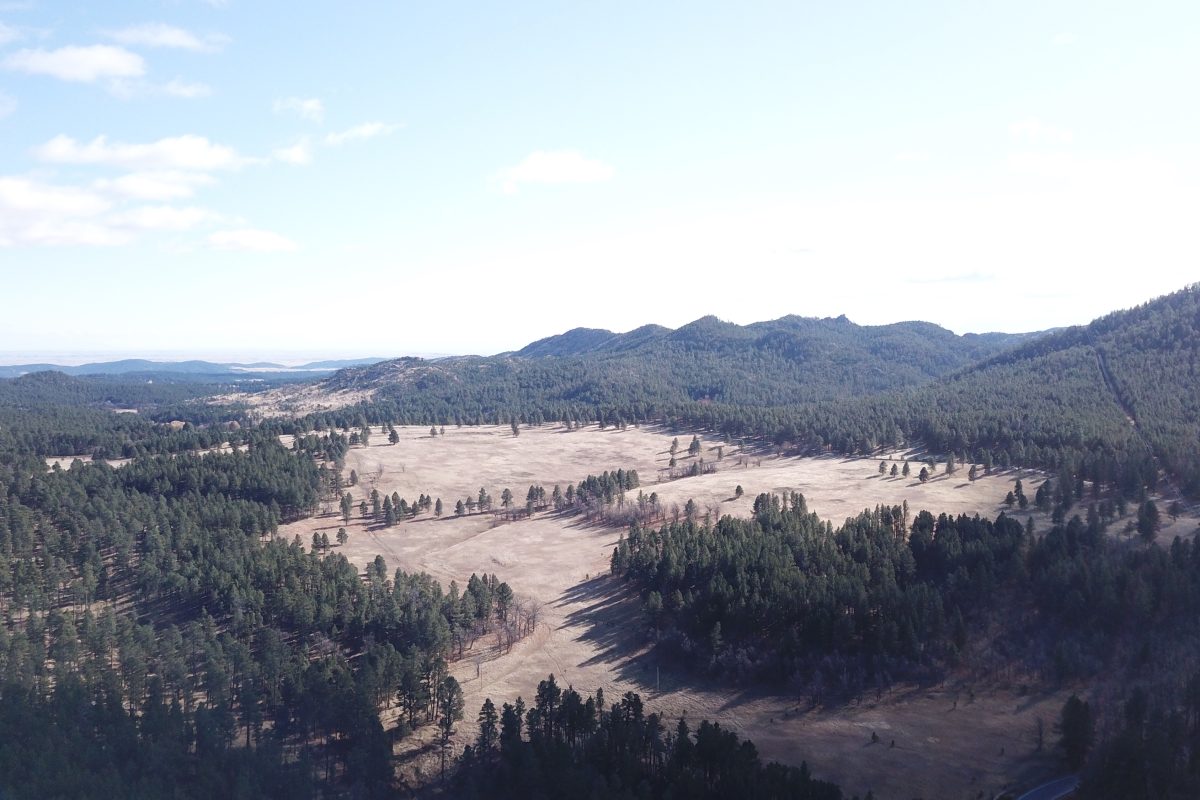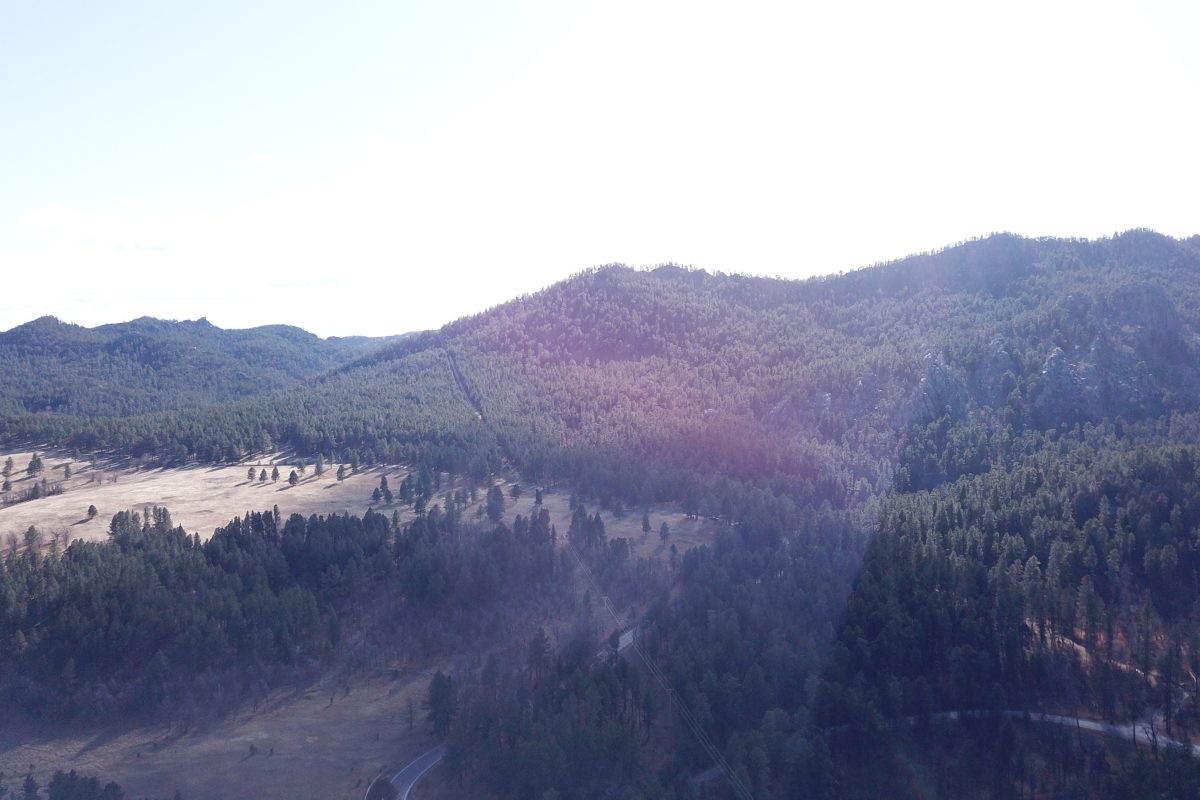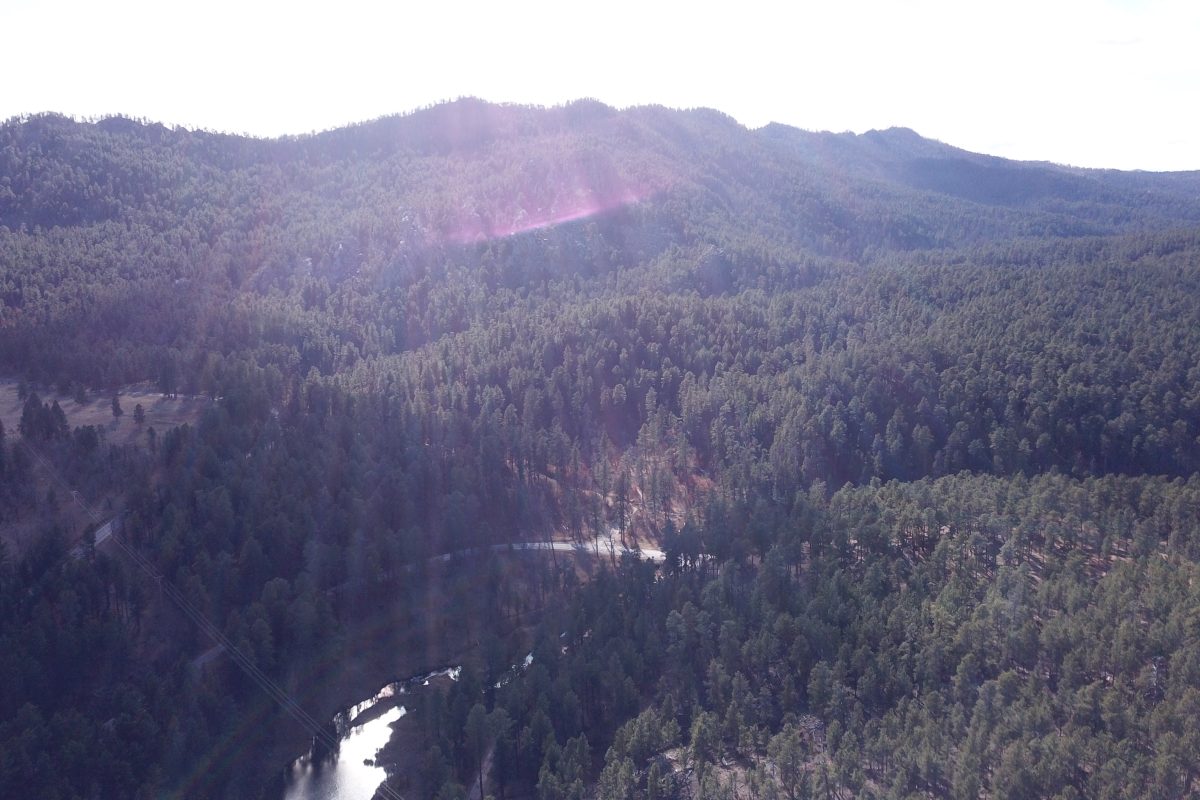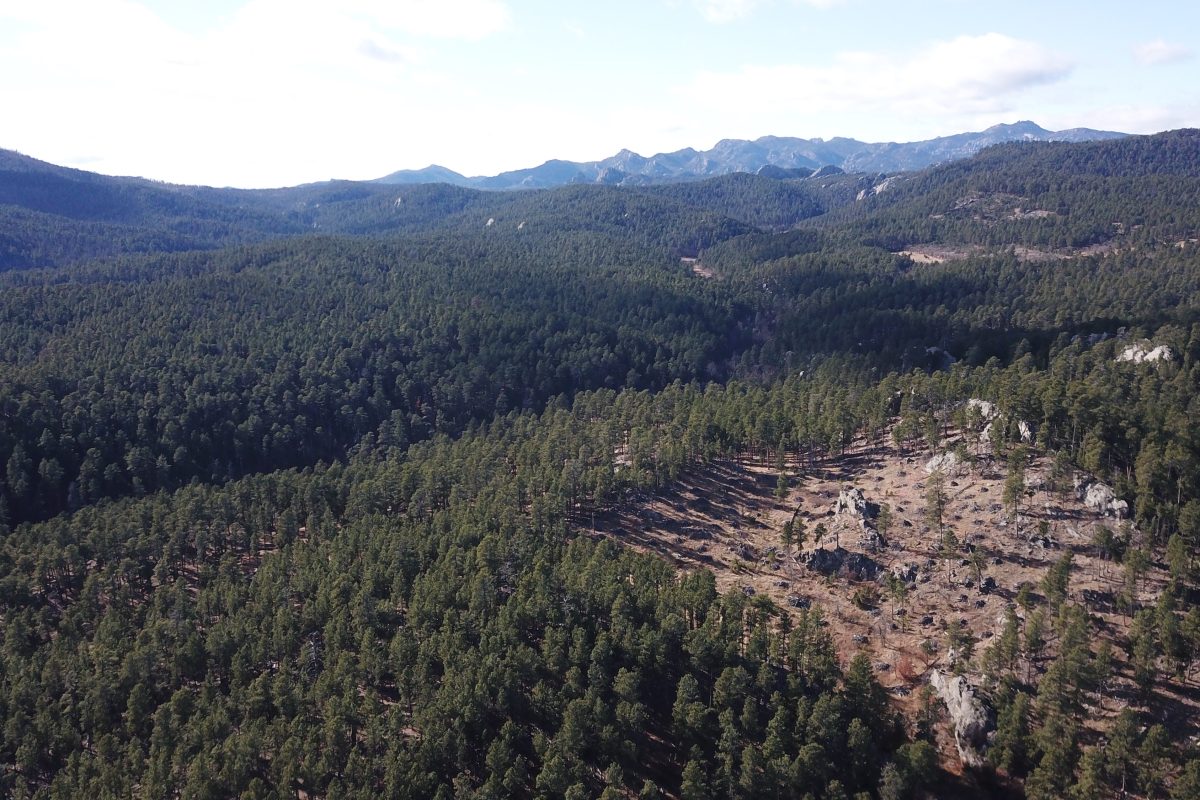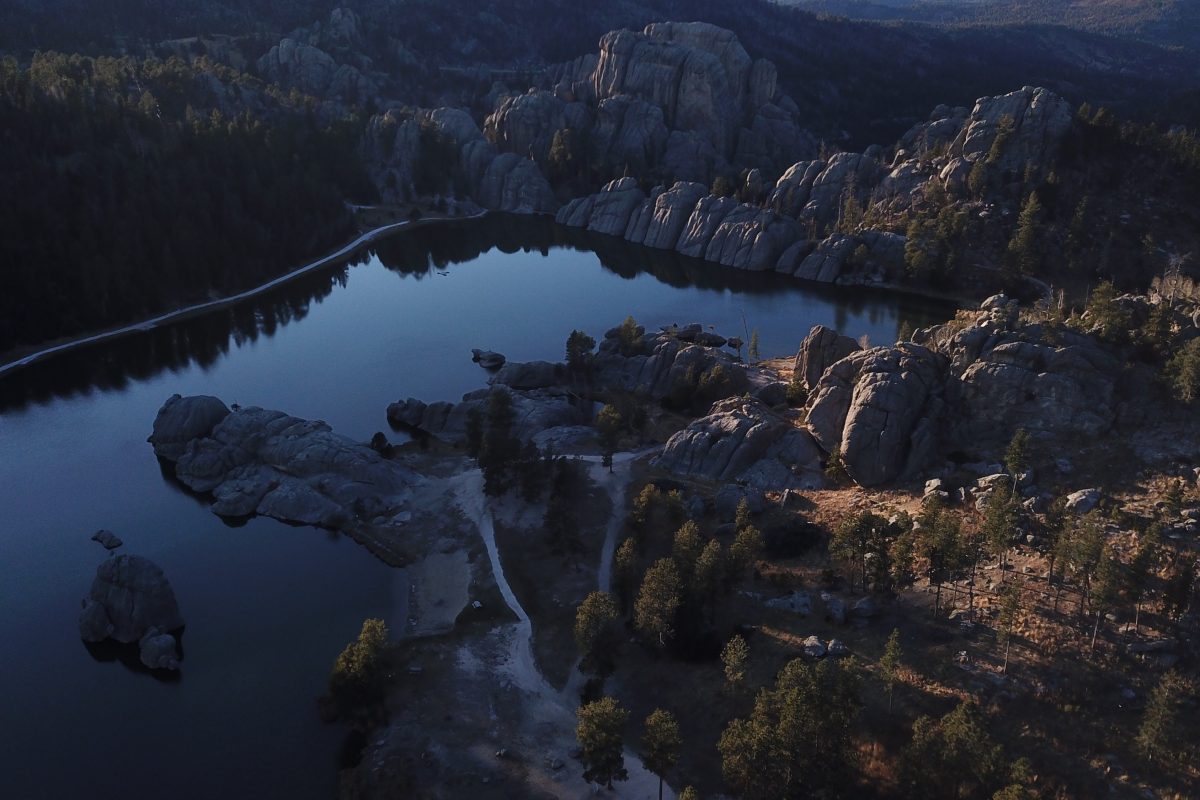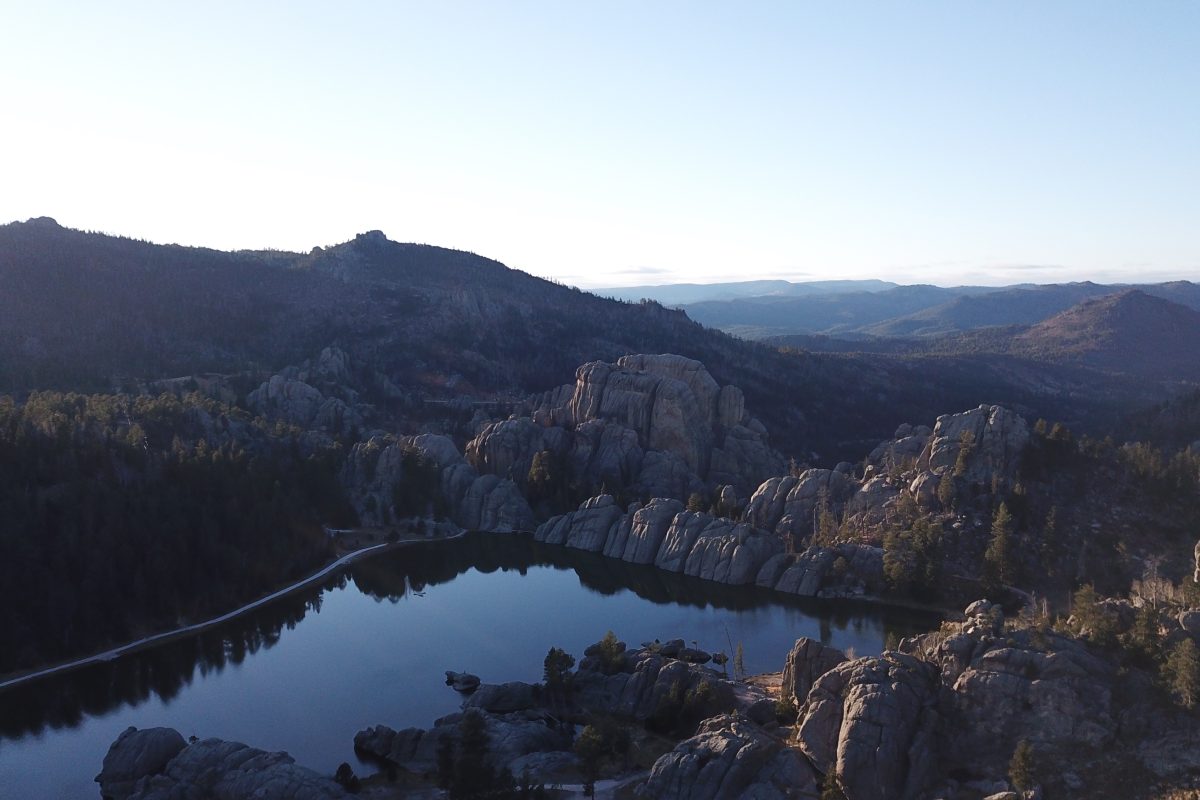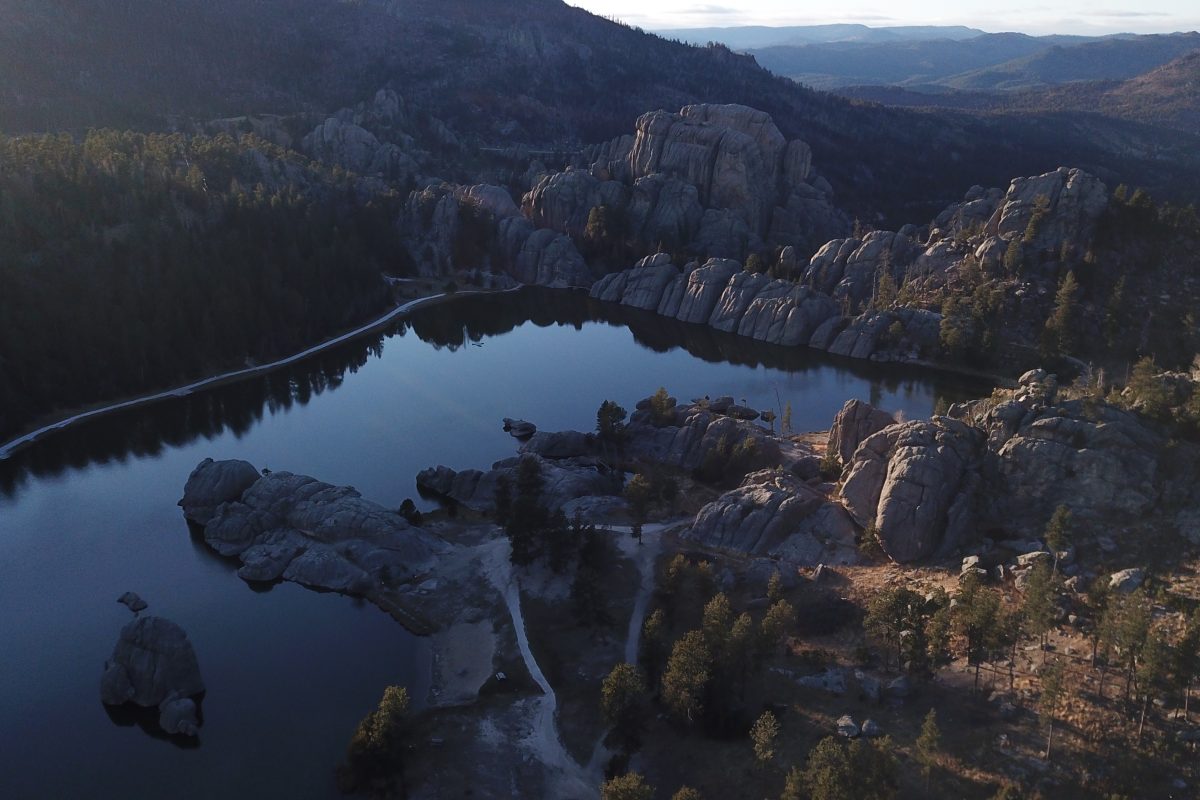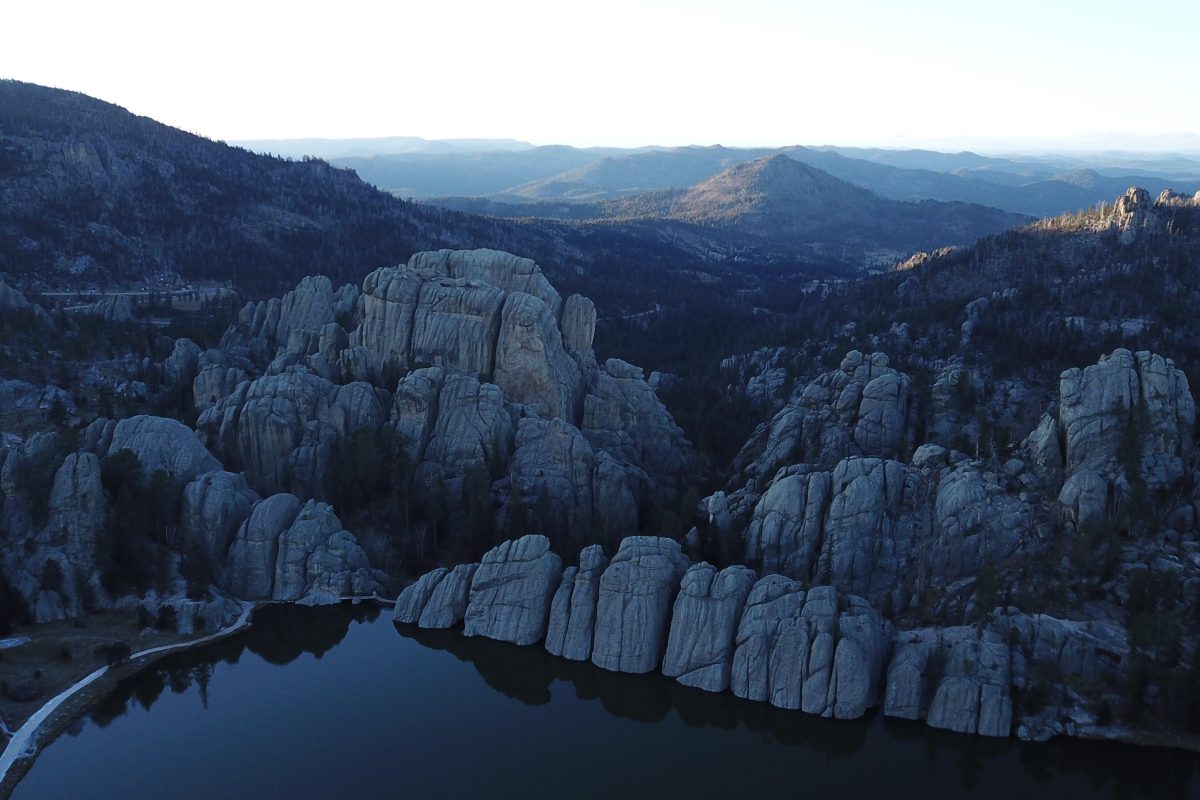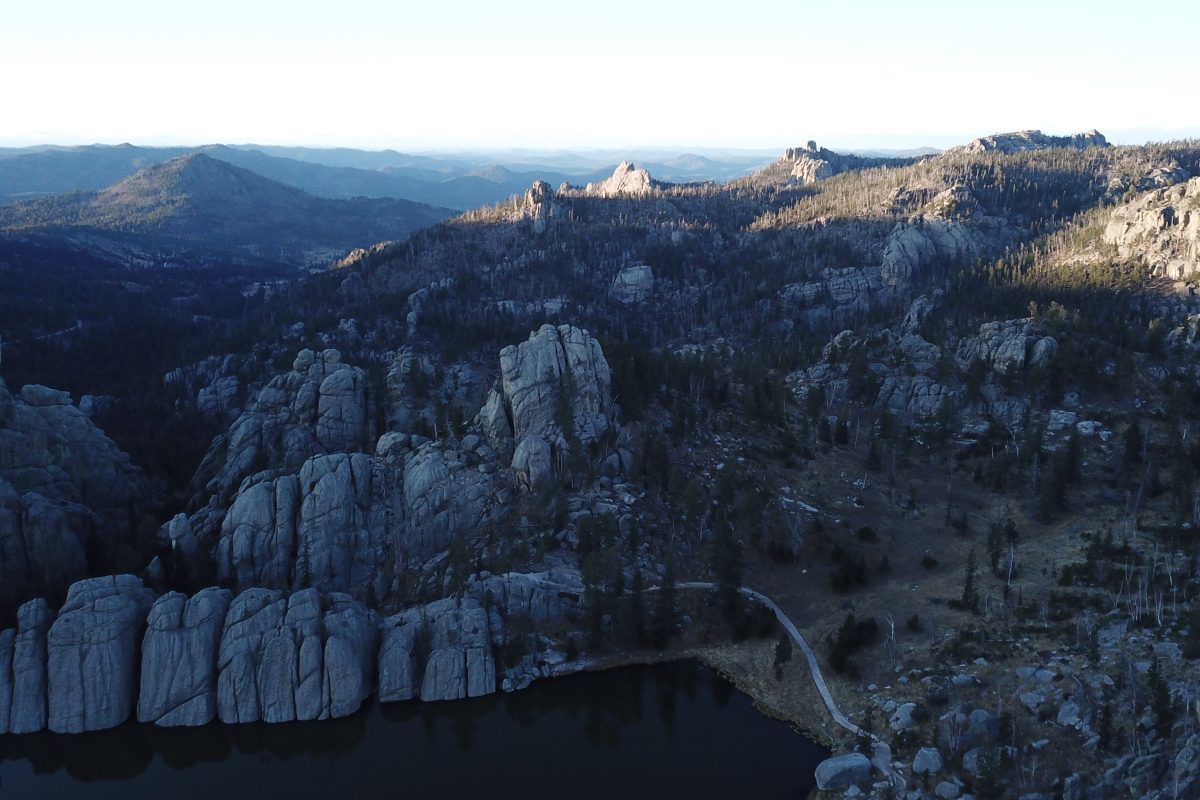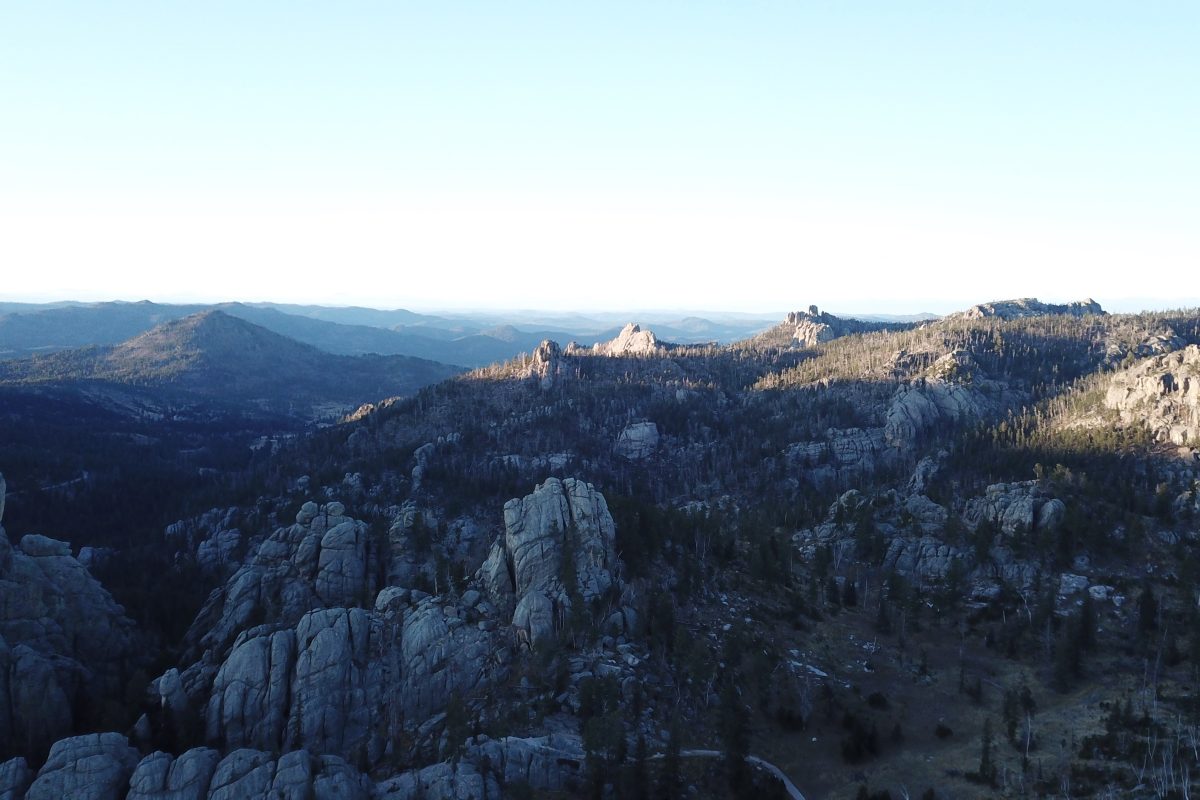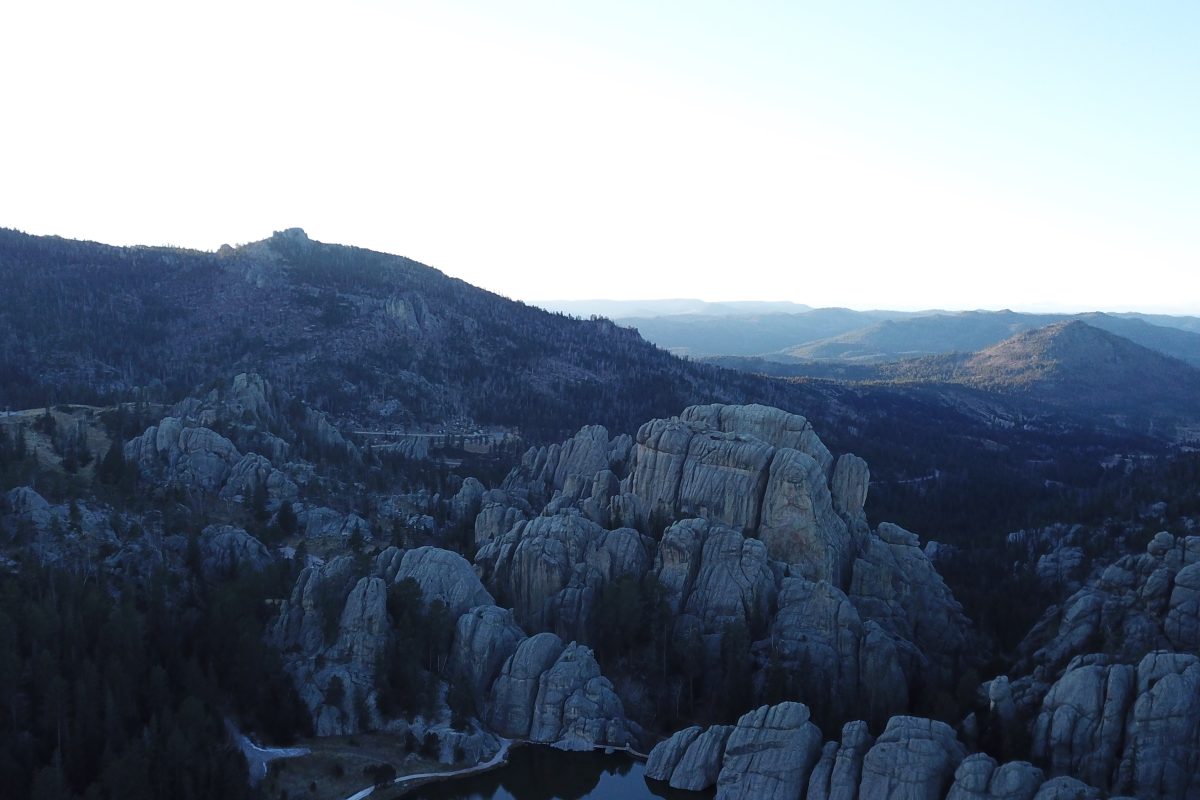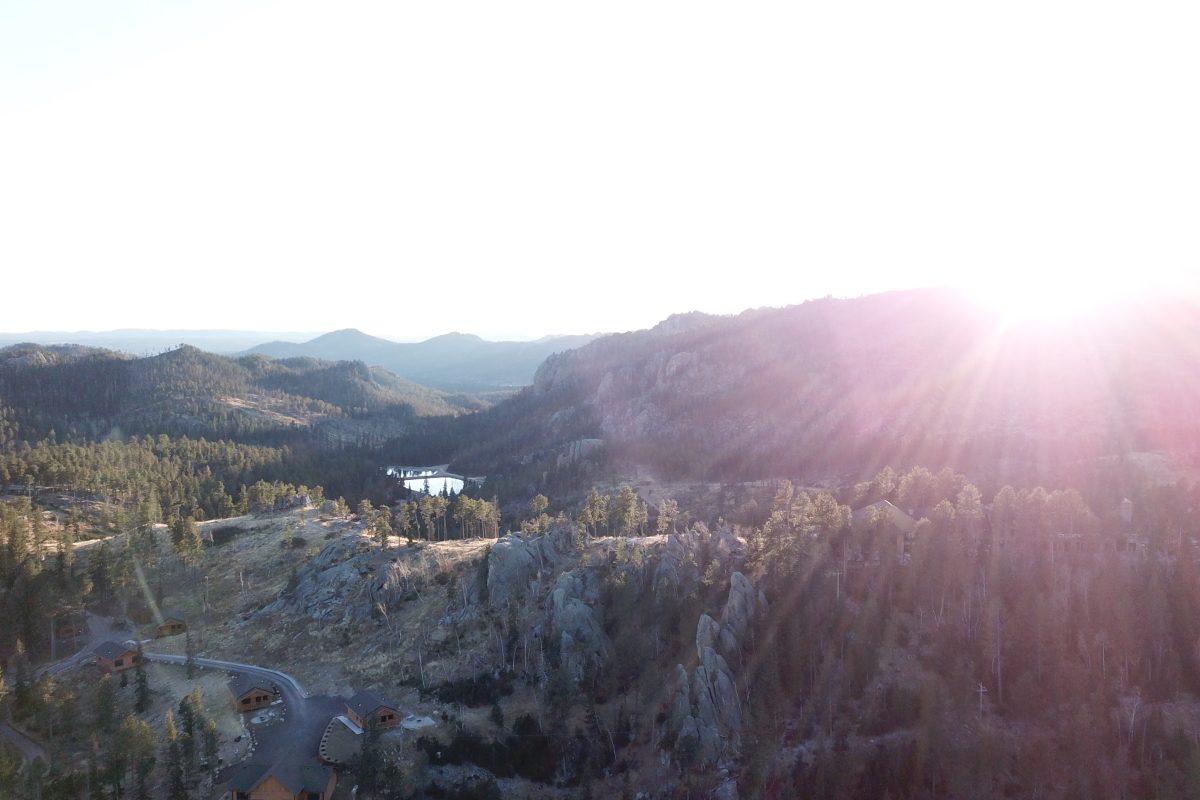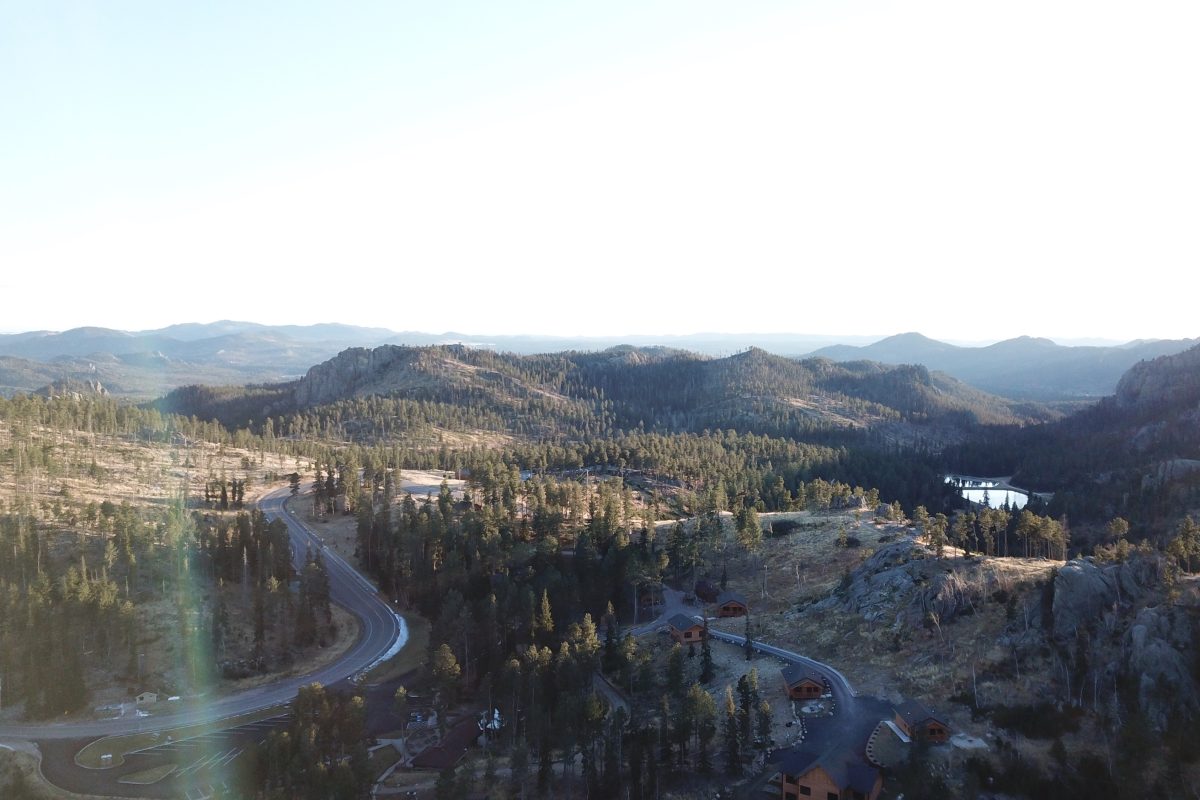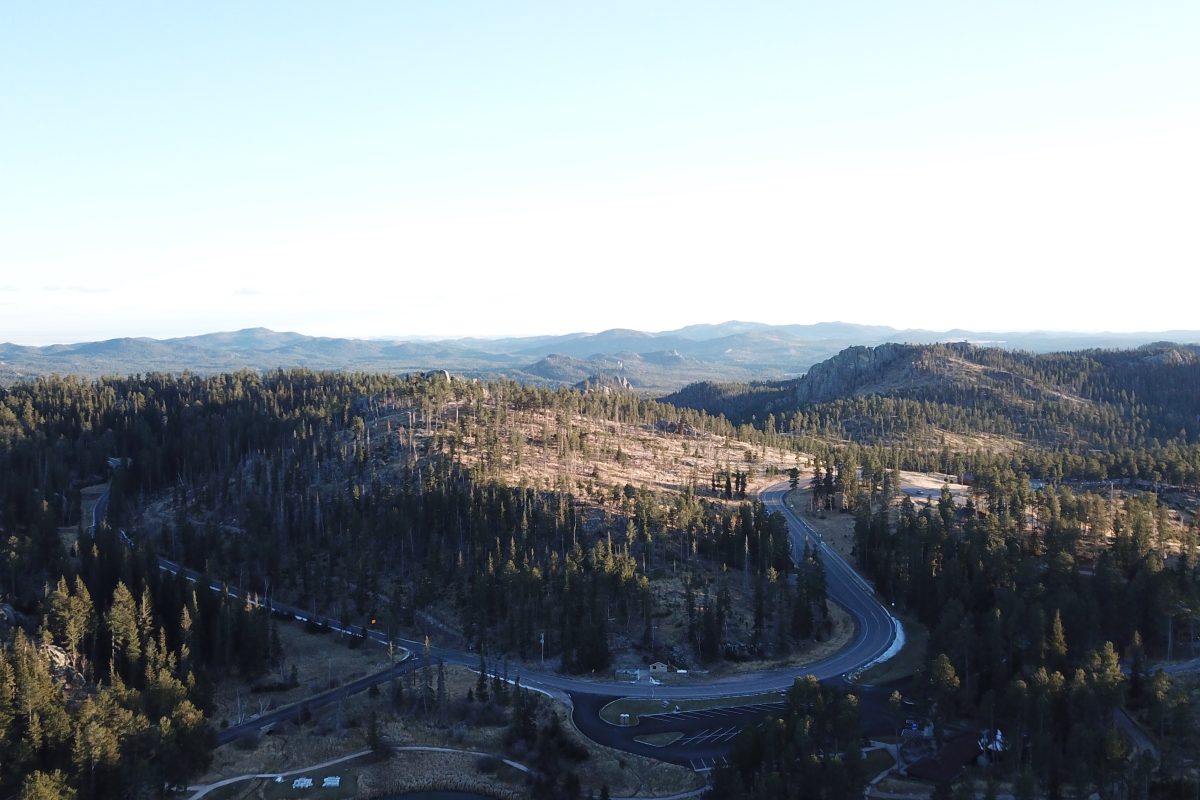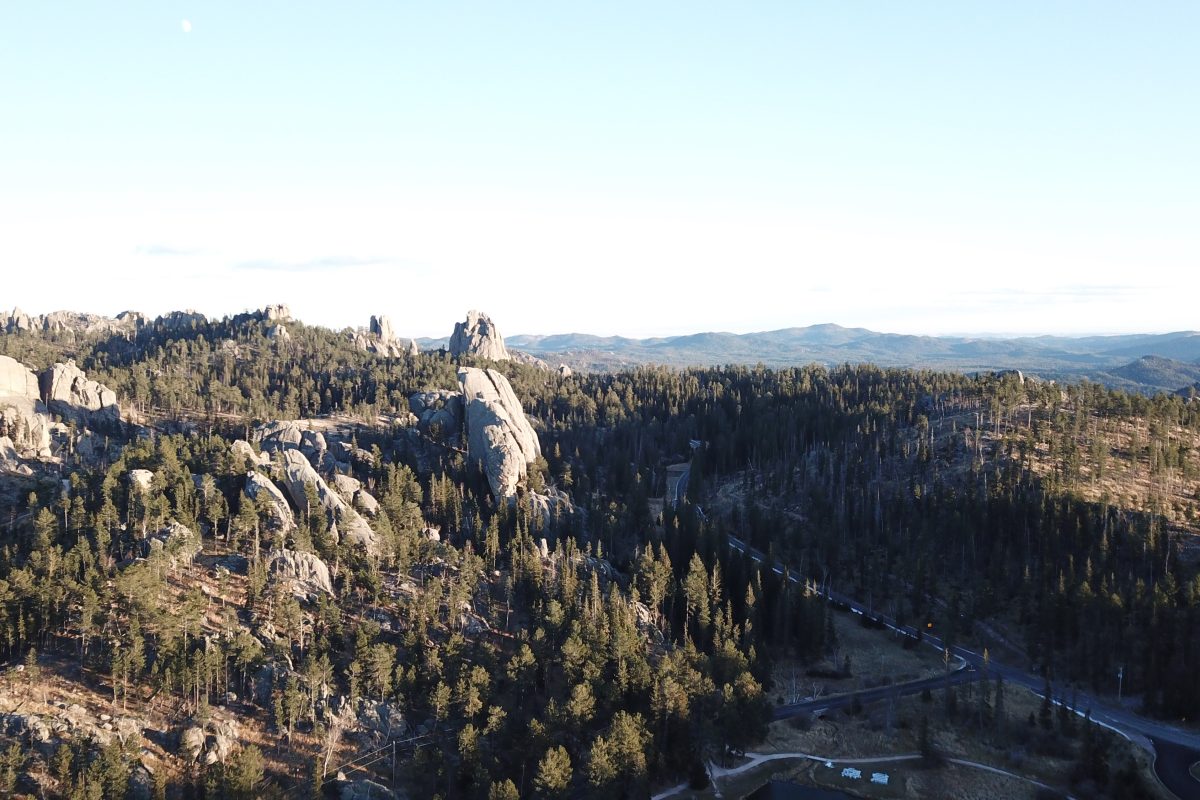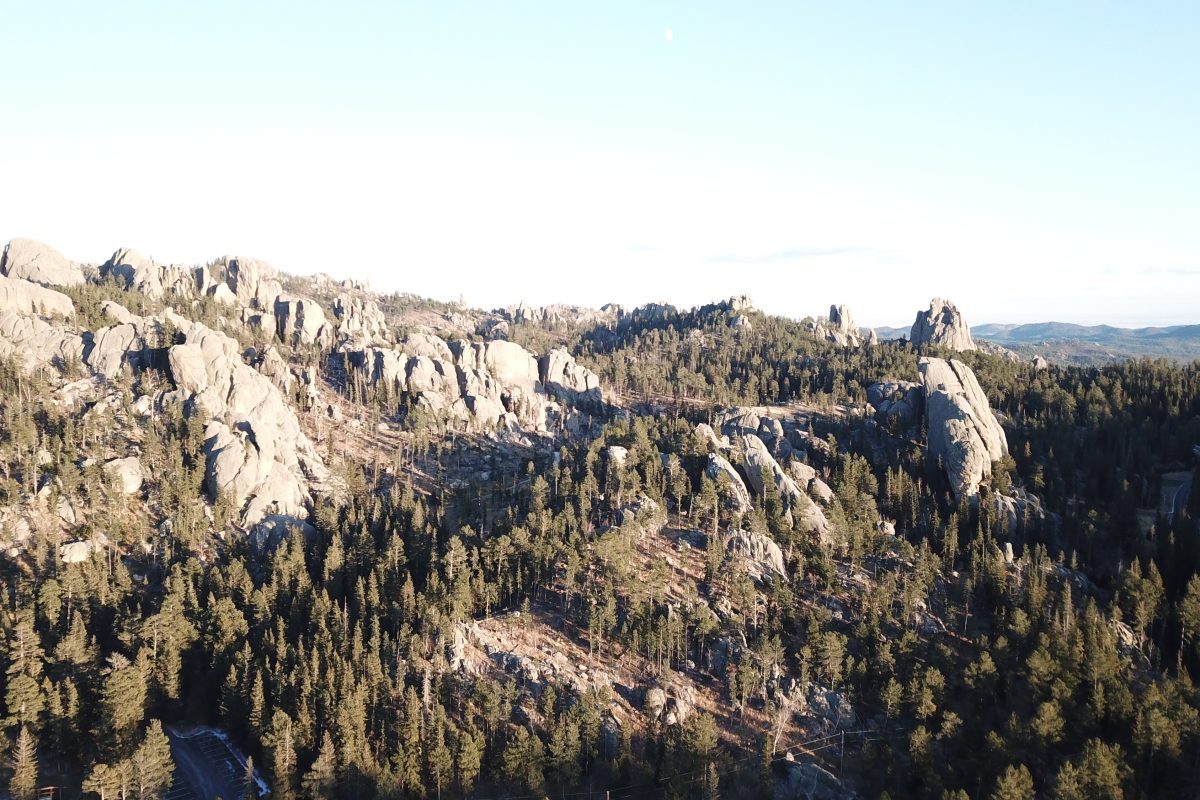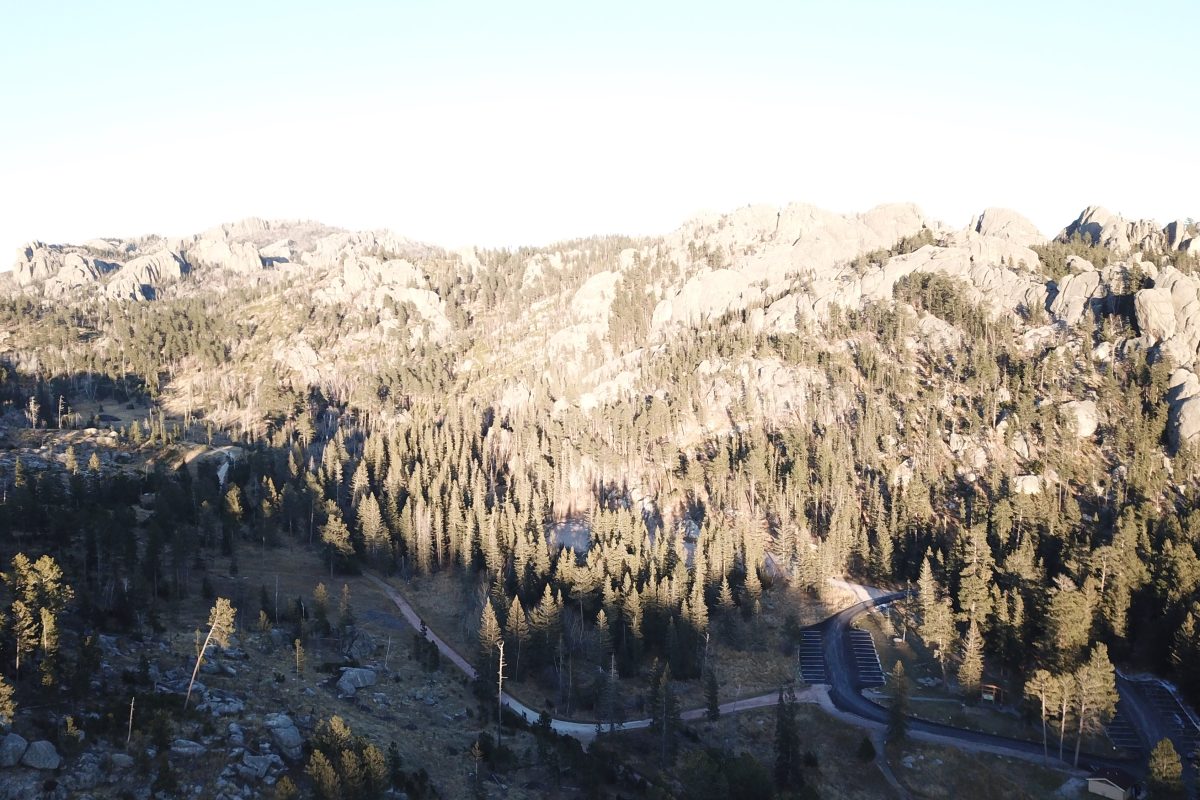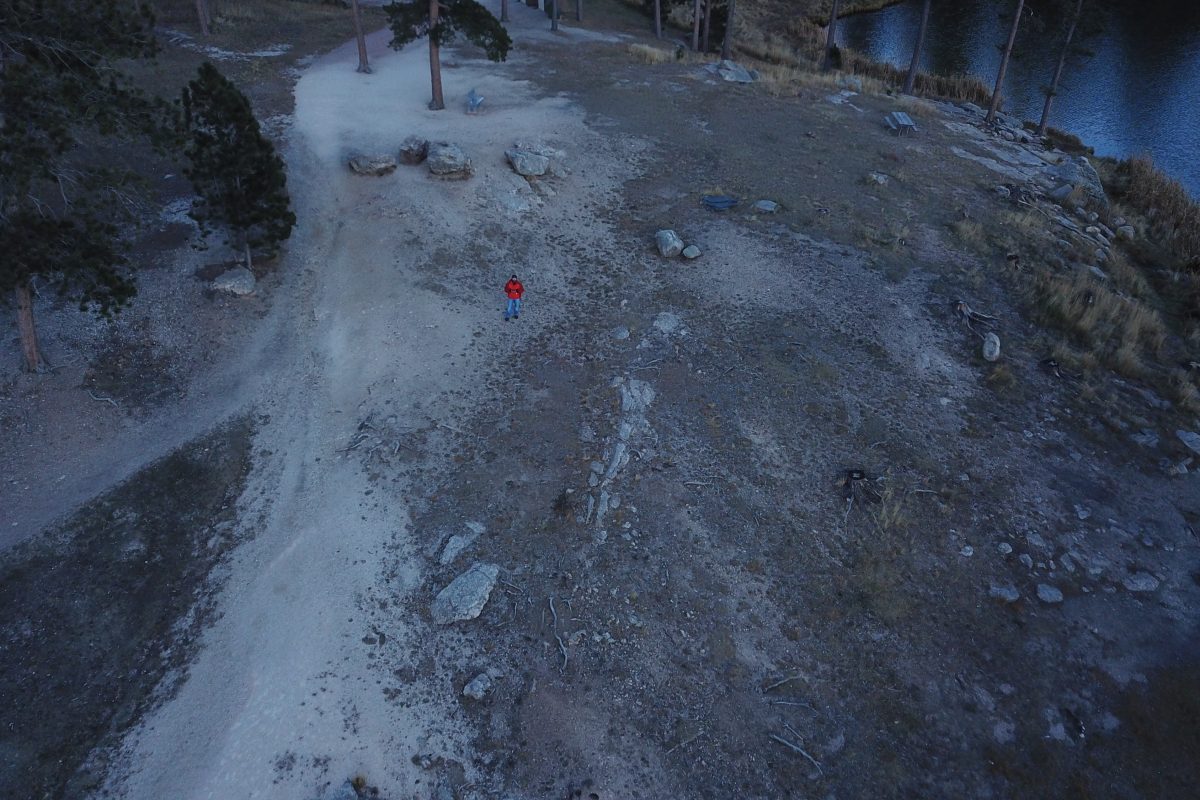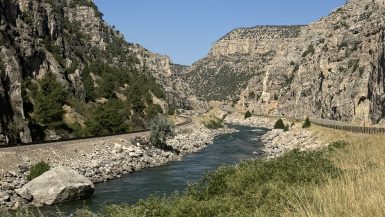🪶 Needles Highway: Where Granite Spires Meet Lakota Spirit
Tucked into the rugged heart of South Dakota’s Black Hills, the Needles Highway isn’t just a scenic drive—it’s a journey through time, geology, and Indigenous heritage. Winding through towering granite formations, narrow tunnels, and pine-covered ridges, this 14-mile stretch of SD Highway 87 is one of America’s most breathtaking roads. But beyond the hairpin turns and jaw-dropping views lies a deeper story—one rooted in the land’s sacred significance to the Lakota people.
🏞️ The Road That Was “Impossible to Build”
When construction began in the 1920s, engineers were told the route was unbuildable. The granite spires—some over 100 feet tall—were too dense, too jagged, too unforgiving. But South Dakota’s visionary governor, Peter Norbeck, insisted. He wanted people to experience the Black Hills the way he had—on winding roads that hugged the landscape rather than bulldozed through it.
The result was the Needles Highway, completed in 1922. It snakes through Custer State Park, connecting Sylvan Lake to Legion Lake, and features iconic landmarks like the Needle’s Eye Tunnel, a narrow slit carved through solid rock that barely accommodates a single vehicle. Driving it feels like threading a needle—literally.
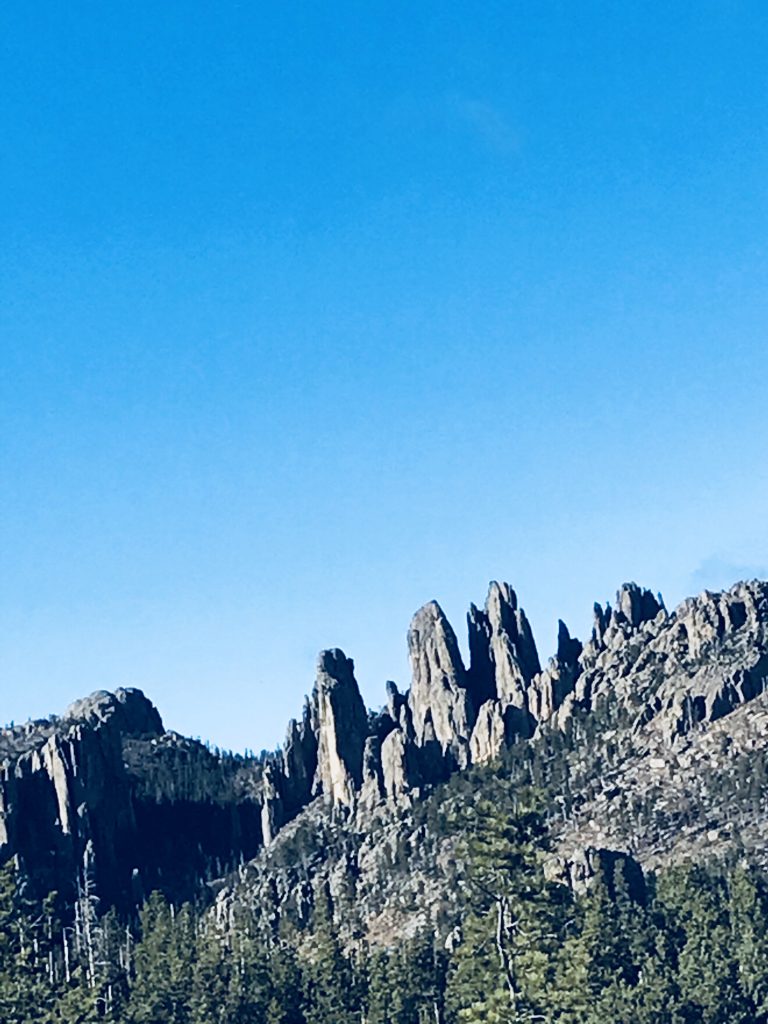
🪨 The Needles: Nature’s Cathedral
The granite formations that give the highway its name are known as “The Needles”—thin, spire-like rocks that rise dramatically from the forest floor. These formations are the result of millions of years of erosion, slowly sculpting the landscape into a surreal skyline of stone.
But long before tourists came to marvel at them, the Lakota people saw something else: sacredness.
🪶 Lakota Connections: Sacred Land and Spiritual Legacy
To the Lakota Sioux, the Black Hills—Paha Sapa—are the center of the world. These lands are not just beautiful; they are holy. The Needles area, in particular, was a site of ceremony, prayer, and vision quests. The spires were seen as piercing the sky, connecting earth to spirit, and were often used as places of solitude and reflection.
The Lakota named the formations long before the highway existed. Their oral traditions speak of the Black Hills as a place of origin, where their ancestors emerged from the earth. The hills were a sanctuary, a place to gather, hunt, and honor the spirits.
However, the arrival of settlers and the U.S. government’s seizure of the Black Hills in the late 1800s—despite the Fort Laramie Treaty of 1868, which guaranteed Lakota ownership—led to deep and lasting wounds. The carving of Mount Rushmore, originally proposed for the Needles area, was seen by many Lakota as a desecration of sacred land. Sculptor Gutzon Borglum ultimately rejected the Needles due to the granite’s poor quality and chose Mount Rushmore instead.
Today, the Needles remain a symbol of both natural wonder and cultural resilience. While the highway draws thousands of visitors each year, efforts continue to educate travelers about the land’s Indigenous significance.
🧭 Exploring the Highway Today
Driving the Needles Highway is an experience that demands patience and curiosity. The road is narrow, winding, and slow—perfect for soaking in the views. Along the way, you’ll encounter:
- Needle’s Eye Tunnel – A dramatic passage through granite that feels like entering another world.
- Cathedral Spires Trail – A short hike that brings you face-to-face with the towering formations.
- Sylvan Lake – A serene spot for kayaking, picnicking, or just reflecting on the journey.
- Wildlife – From bighorn sheep to mountain goats (descendants of six goats introduced in 1924), the area teems with life.
🌄 A Place to Pause and Reflect
As Saydie and I drove the highway last summer, we couldn’t help but feel the weight of the place. The spires seemed to whisper stories older than the road itself. We stopped at an overlook, and she asked, “Do you think the rocks remember people?” I told her yes—especially the ones who came here to pray.
We took silly selfies, climbed a few boulders, and tried to spot mountain goats balancing on ledges thinner than a paperback. But we also paused. We read about the Lakota, about the treaties, about the sacredness of the land. It was a reminder that beauty and history are always intertwined.
🪶 Final Thoughts
The Needles Highway is more than a scenic drive—it’s a living monument to nature’s artistry and the enduring spirit of the Lakota people. It challenges us to look beyond the windshield and into the soul of the land. So next time you find yourself in the Black Hills, slow down. Listen. And let the granite spires tell their story.
Sources:
Needles (Black Hills) – Wikipedia
Mortons on the Move – Needles Highway Guide
When In Your State – Needles Highway History
